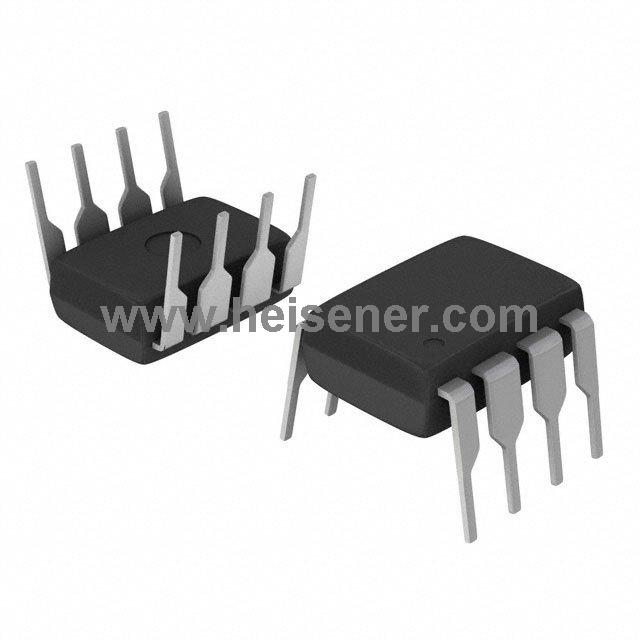
The AD620AN is a low-cost, high-accuracy instrumentation amplifier that provides gains from 1 to 10,000 with a single external resistor. It features a compact 8-lead package, low power consumption (1.3 mA max), and is ideal for battery-powered and portable applications. The AD620AN is a low-cost, high-accuracy instrumentation amplifier that provides gains from 1 to 10,000 with a single external resistor. It features a compact 8-lead package, low power consumption (1.3 mA max), and is ideal for battery-powered and portable applications.
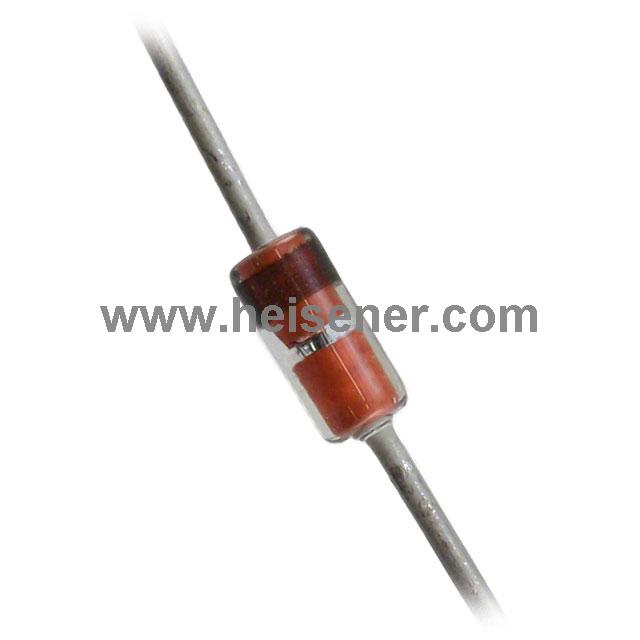
The DB3 functions as a trigger diode with a fixed voltage reference, ideal for use in conjunction with TRIACs in simplified gate control circuits or as a starting component in fluorescent lamp ballasts. Housed in a compact SOT23-3L surface mount package, these devices are well-suited for SMD-based designs, facilitating automated manufacturing processes.
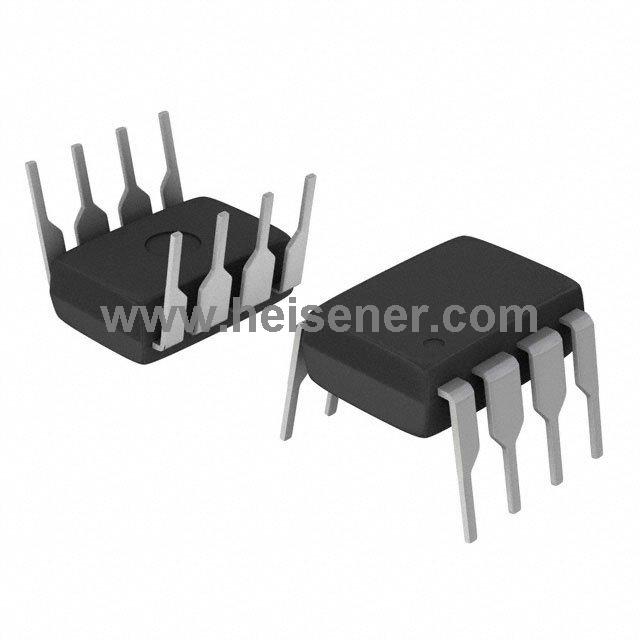
The DS1307 is a low-power serial real-time clock (RTC) with full binary-coded decimal (BCD) format for clock and calendar functions, and it includes 56 bytes of non-volatile SRAM. Data and addresses are transferred serially via an I2C bidirectional bus.
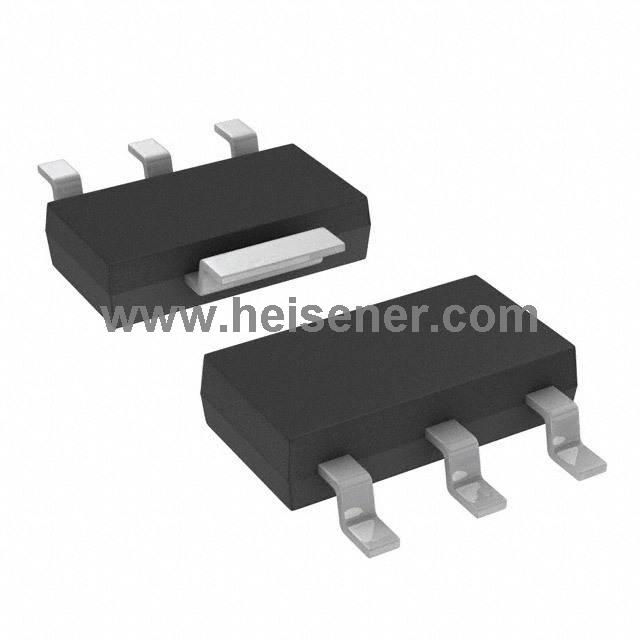
The BCP56 is a high-voltage, high-speed NPN bipolar junction transistor (BJT) for use in switching and amplification applications. It features a maximum collector-emitter voltage of 80V and a maximum collector current of 2A, making it suitable for a range of electronic circuits.
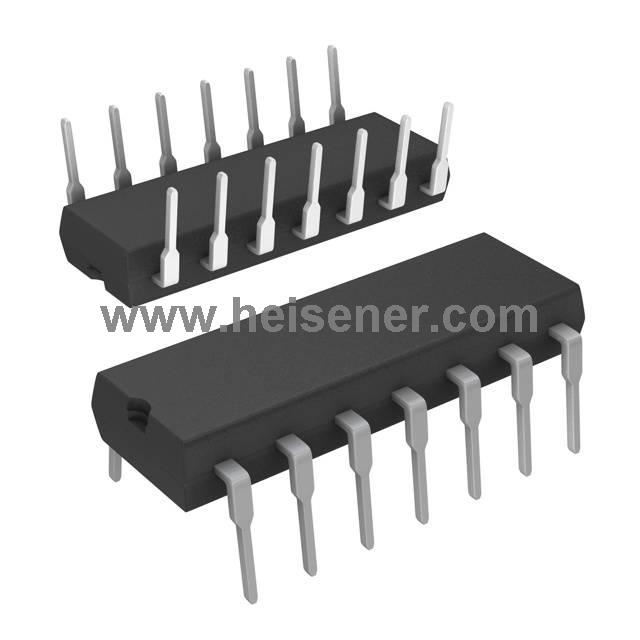
The TL084CN is a high-performance operational amplifier with low noise, high slew rate, and wide bandwidth. It provides precise analog signal processing and excels in applications that require minimal distortion and high fidelity, such as audio amplification and active filtering.
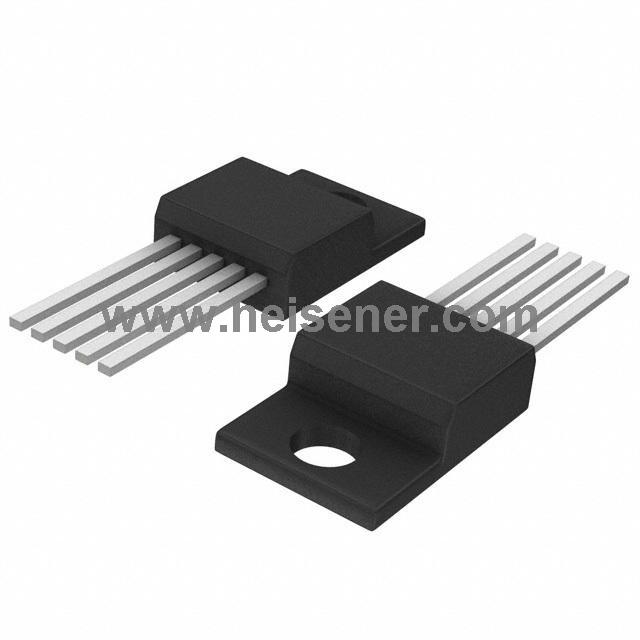
The LM2576T-ADJ is an adjustable step-down voltage regulator that efficiently converts a higher input voltage to a stable, lower output voltage. It operates using a switching regulator approach, where an internal switch rapidly alternates between on and off states. This switching action, combined with an external inductor and capacitors, smooths out the pulsating current to deliver a steady output voltage.
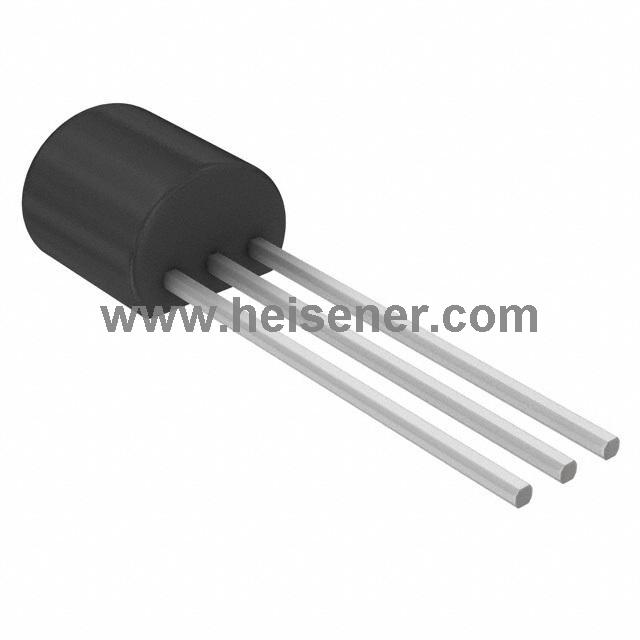
The 2N5551 is an NPN bipolar junction transistor designed primarily for high-voltage, low-current applications. It is widely used in electronic circuits for its ability to handle relatively high voltages and moderate current levels.
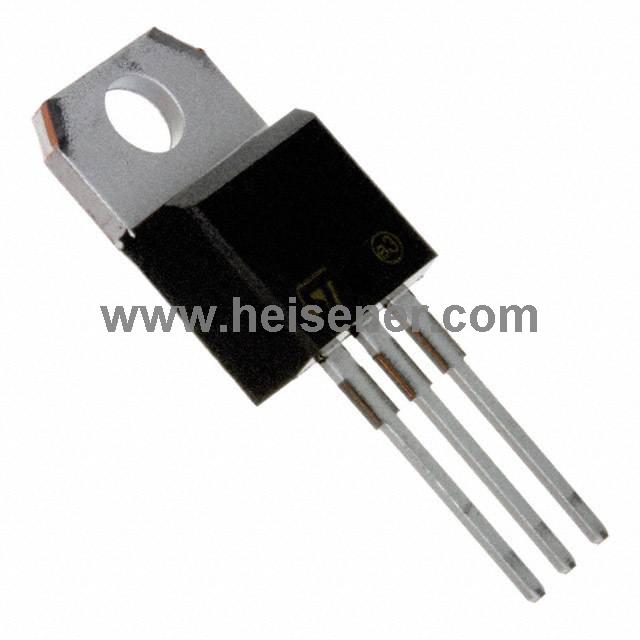
The BU406 is a versatile NPN power transistor with a maximum collector current rating of 4A and a collector-emitter voltage rating of 60V, suitable for handling medium power levels. The BU406 has excellent thermal performance and is easy to install.
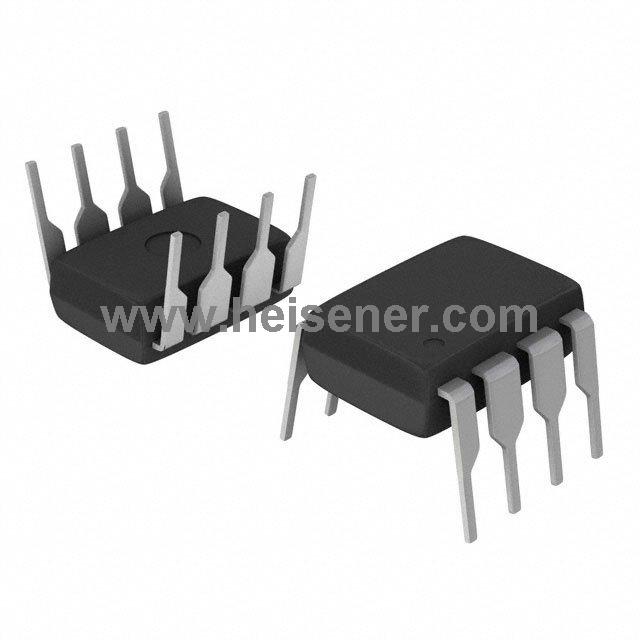
The DS1302 is a low-power, real-time clock (RTC) IC from Maxim Integrated to keep track of time and date in a variety of electronic systems. It features a 31 x 8 RAM for temporary data storage, a trickle-charge capability to support a backup power source, and a serial interface for communication with a microcontroller.
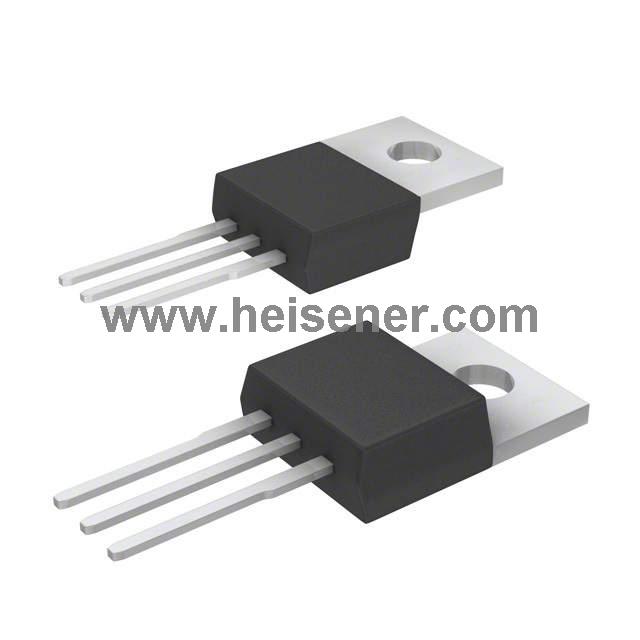
The MBR20100CT is a Schottky rectifier diode commonly used in power supply applications due to its high efficiency and low forward voltage drop. It has a maximum repetitive peak reverse voltage of 100V and can handle an average rectified current of up to 20A.
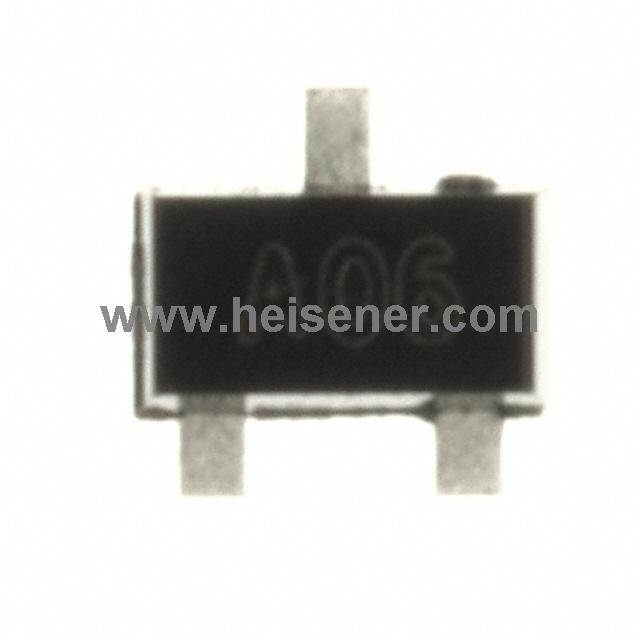
The MMBT3906 is a PNP bipolar junction transistor (BJT) commonly used in low-power. The transistor is characterized by its maximum current rating of 200 mA and a maximum voltage rating of 40 V.
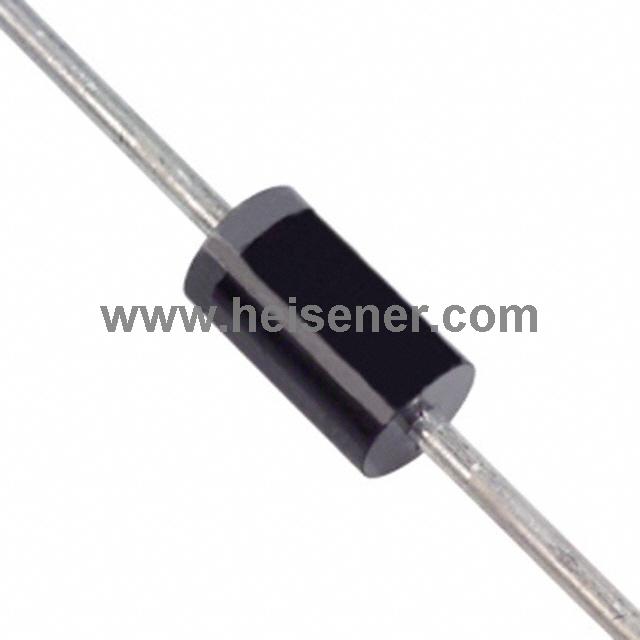
The FR107 is a fast recovery diode, a type of semiconductor device used to rectify alternating current (AC) to direct current (DC) with minimal signal loss and high efficiency.
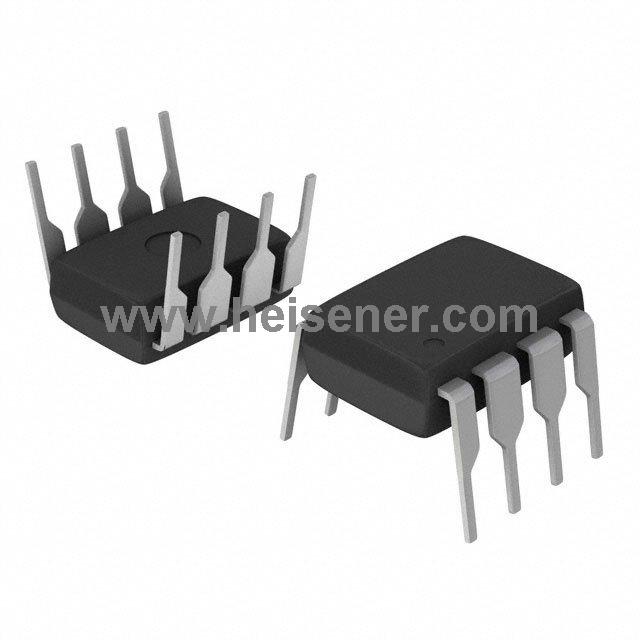
The LM358N is a low-power dual operational amplifier (op-amp) . It is part of the LM358 series, which includes two independent, high-gain, internally frequency-compensated op-amps in a single package.
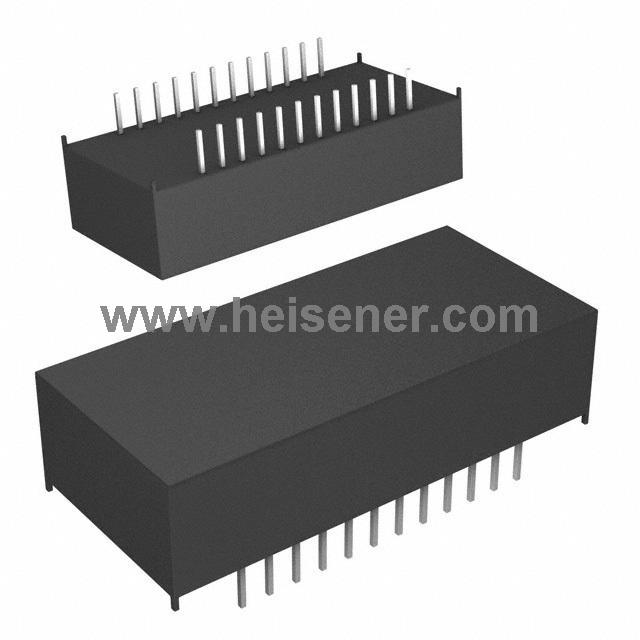
The DS12C887 is a real-time clock (RTC) chip which provides essential timekeeping functions, including a real-time clock/calendar, one time-of-day alarm, three maskable interrupts with a common interrupt output, a programmable square wave, and 113 bytes of battery-backed static RAM. Notably, the DS12C887 adds a century byte at address 32h, which is used to keep track of centuries in date calculations.
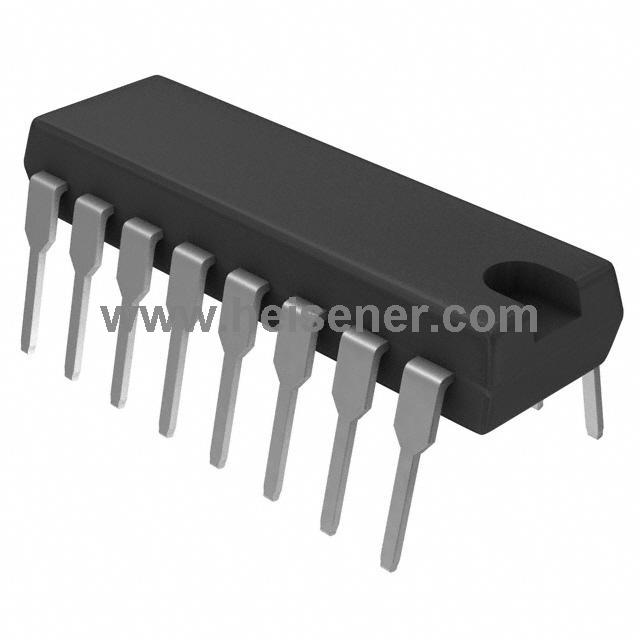
The KA3525A is a pulse width modulation (PWM) controller. It integrates all the necessary circuitry to control a switching power supply in a single package, including a voltage reference, error amplifier, oscillator, pulse width modulator, and output driver.
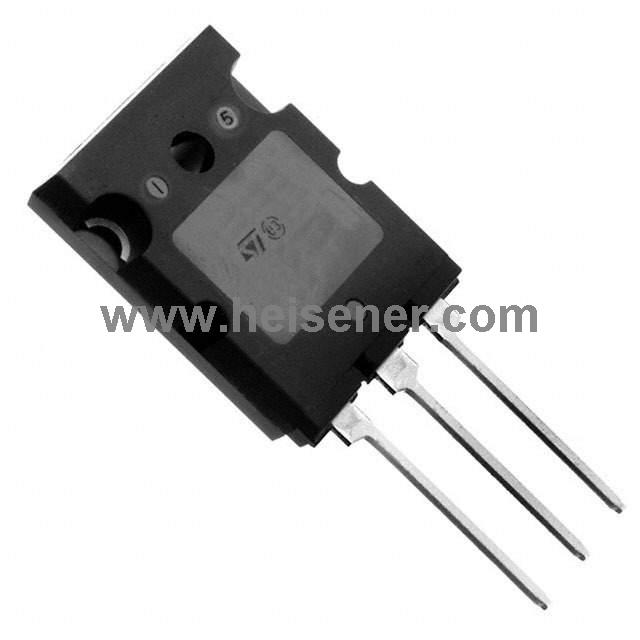
The 2SC5200 is a high-power NPN transistor commonly used in audio amplifiers and other high-power applications.The 2SC5200 can handle a maximum collector current of 15A and a maximum collector-emitter voltage of 230V.
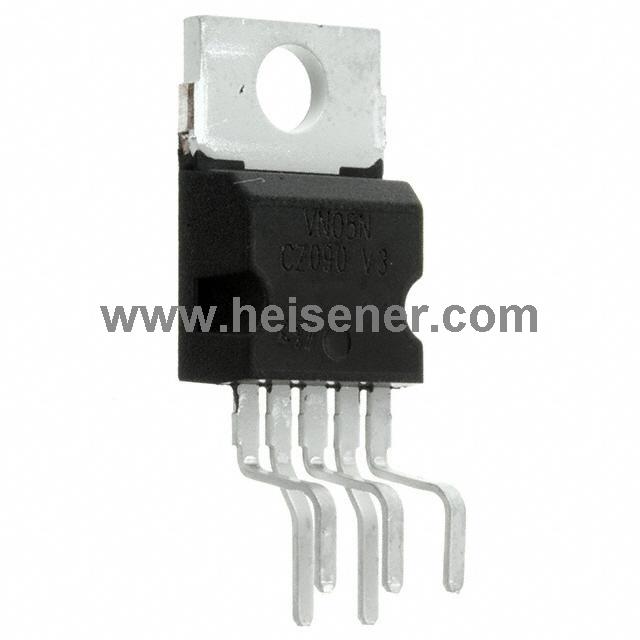
The L200CV is a versatile voltage regulator that can be used for both positive and negative voltage regulation. It can be adjusted to provide an output voltage ranging from 2.85V to 36V with a maximum output current of 2A. The L200CV is commonly used in power supplies and other applications requiring a stable and adjustable voltage output.
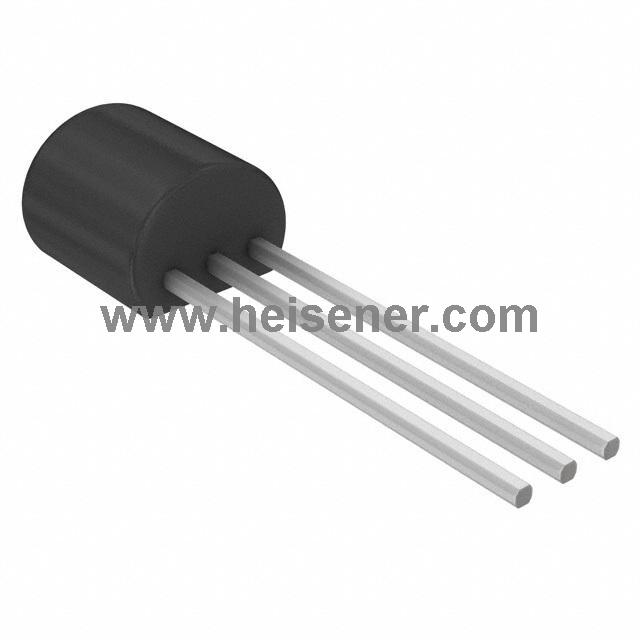
The LM334Z is a three-terminal adjustable current source. Like the LM134 and LM234, its current output is determined by an external resistor and no other external components are required. The LM334Z can provide a current output from 1 µA to 10 mA by adjusting the external resistor between the pin and the negative supply pin.